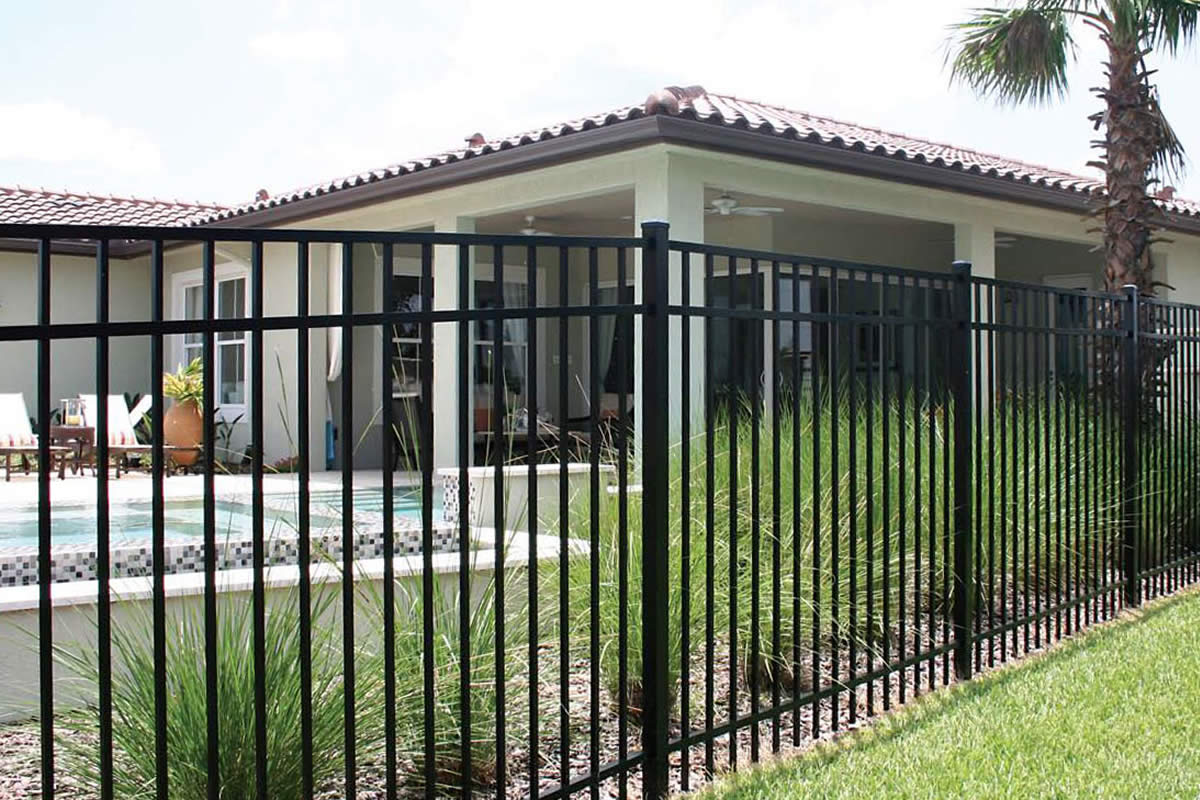Five Things You Need to Know About Fence Permits

When constructing a residential or commercial property fence, the first step is applying for a fencing permit. Most state and local administrations have rules and regulations for what kinds of construction are permitted, including fencing. From city to city and state to state, the rules will probably change, so it is essential to research this and be ready.
Some locations may not allow you to build a specific height fence with specific materials, or in specific areas, so they mandate you to apply for a permit before installation. In addition, zoning laws are official regulations required by the city, county, or state, so all property owners must understand these rules before building. The fencing permit procedure may seem complex, but this post will tell you everything you need to understand about fencing permits. Of course, you can contact our fence contractors in Deltona if you have any other queries.
Applying
Similar to how regulations and rules may differ from location to location, the application process for fencing permits might also change depending on where you are. Often, fencing permit applications are obtainable online. However, while many applications are straightforward online forms, others may demand more materials and documents.
The process may seem complicated, so when in doubt, you can start the fencing permit application process with your fencing contractor. We regularly help clients manage this process and have plenty of experience with local rules and regulations. In addition, we have an excellent concept of what will and won't get approved.
Rules to Consider
When building a fence, you should consider several local regulations when you design and install it. These rules will hinge on the limitations of your state, municipality, community, and neighborhood, so you should research the possible laws for the entire process. Only some rules will apply to your fencing undertaking, so you should comprehend your unique circumstances before starting.
Height
Many municipalities and communities have top heights allowed for fencing in the area. There is generally a maximum height for barriers in front of the home, which is shorter, and a maximum height for borders behind or on the sides of the home, which is taller. Any submitted fence taller than the documented maximum height requires special approval via a fencing permit to be legally installed.
Location
The location of fencing, even when assembled on your personal property, can be restricted by local ordinances. For example, some municipalities do not allow fences to be constructed on the front side of the home, as it obstructs the view of the property. Others might have clear guidelines for how near fences are to sidewalks or roadways. Backyard fences are seldom a problem, but you should still assess the location regulations for fences when constructing or installing one.
Materials
For fences to complement the rest of the neighborhood or district, certain fence materials might be discouraged or prohibited by local governments or HSAs. For instance, you might be asked to construct a natural fence with shrubs and bushes or limit your materials to lumber and metal. Additionally, many locations do not permit electric fences because they are a safety concern.
These are a few things you need to know about fence permits. Contact us today for a free estimate. Our fence contractors in Deltona look forward to helping you with the fence permit and installation process.